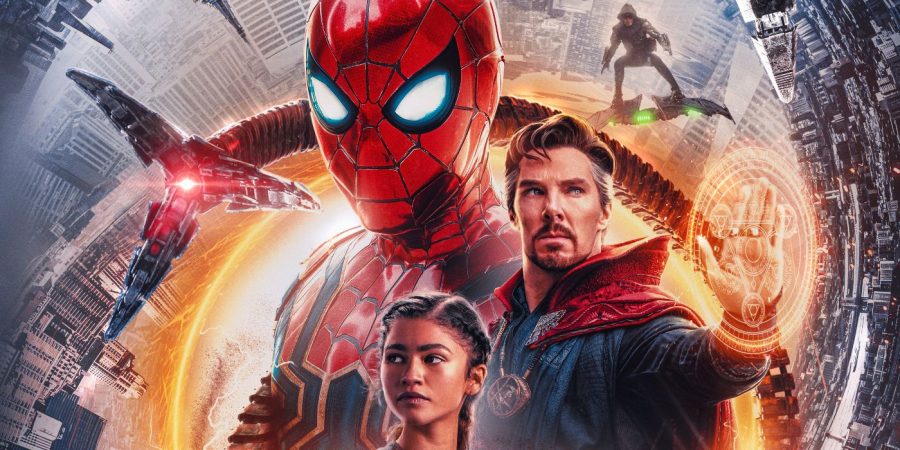The importance of Spider-Man: No Way Home’s ending
Spider-Man: No Way Home’s ending is a perfect send-off to Spider-Man’s high school trilogy, now moving into his college trilogy. No Way Home’s ending is more important than what a lot of people think because it acts as a soft reboot for Peter Parker now that no one knows who he is, including MJ and Ned. This allows for the character of Peter Parker to start over, to have a fresh starting point going forward in the Marvel Cinematic Universe.
Soft reboots in comics happen all the time and Spider-Man has seen a soft reboot of his own too, back in 2007 Marvel’s chief creative officer Joe Quesada wanted to reboot Spider-Man due to Spider-Man being an adult. Joe Quesada wasn’t necessarily a fan of Peter Parker being independent and married to Mary Jane Watson; and so, the idea of rebooting Spider-Man back to his youthful roots was set with writer J. Michael Straczynski writing the controversial story Spider-Man: One Day More which has Spider-Man trading his soul to Mephisto to undo the events of Civil War and most of his life including never meeting and falling in love with Mary Jane Watson. From Spider-Man: One More Day, you have Spider-Man: One Moment in Time written by Joe Quesada and Spider-Man: Brand New Day written by Dan Slott which had Spider-Man dealing with the aftermath of One More Day.
With this soft reboot, you now have a Peter Parker that Marvel fans are more familiar with: a guy who’s down on his luck making a quick buck selling pictures of Spider-Man to the Daily Bugle. That’s always been the vision Stan Lee and Steve Ditko had for the character of Peter Parker, to have a relatable character who’s trying to make his way through life; yet life finds a way to come back at Peter.
The biggest criticism of Tom Holland’s Spider-Man was the fact that Peter Parker wasn’t Peter Parker. Holland’s Peter Parker didn’t seem to go through the trials and tribulations of balancing a life as both Peter Parker and Spider-Man. It didn’t seem to have interfered with his life in any way outside of him, basically messing up his chances with Liz Allen in Spider-Man: Homecoming. Peter Parker relying on his Spider-Man suit all the time is something Peter Parker in the comics would never do simply because Peter is smart enough to solve situations without being Spider-Man.
But, what’s interesting about Holland’s Spider-Man trilogy is the progression of Peter Parker as a character because it’s the most unique transformation of the character ever done in Spider-Man cinema history. When you look at it, this trilogy in many ways reflects the “training wheels protocol” found in Spider-Man’s first suit given to him in Captain America: Civil War. In Homecoming, Peter learned to trust his instinct through fighting Vulture and stopping him from selling dangerous weapons infused with Chitauri technology. In Far From Home, Peter learned to not let his grief cloud his judgment after being naive and letting Mysterio have Stark’s glasses. In No Way Home, Peter learned that heroism isn’t just about defeating villains but understanding if villains are truly evil or villains just by circumstance hence why the Sinister Quintet all had a grudge against Spider-Man. It also taught Peter the value of his identity in conjunction with being a hero, that your identity has a cost if someone finds out.
Now, the future of Spider-Man is looking bright and Peter Parker is living in an apartment near Rockefeller Center preparing to take his GED. He’s in college and it’s exciting to see what stories they’ll adopt next. Kevin Fiege has already confirmed Spider-Man 4 is in active development at Marvel Studios and Sony. Spider-Man: No Way Home is in theaters now.

Senior Savion Simmavong is a staff writer for the A-Blast. He's entering his first year with the staff. In his free time, he enjoys reading, playing video...













